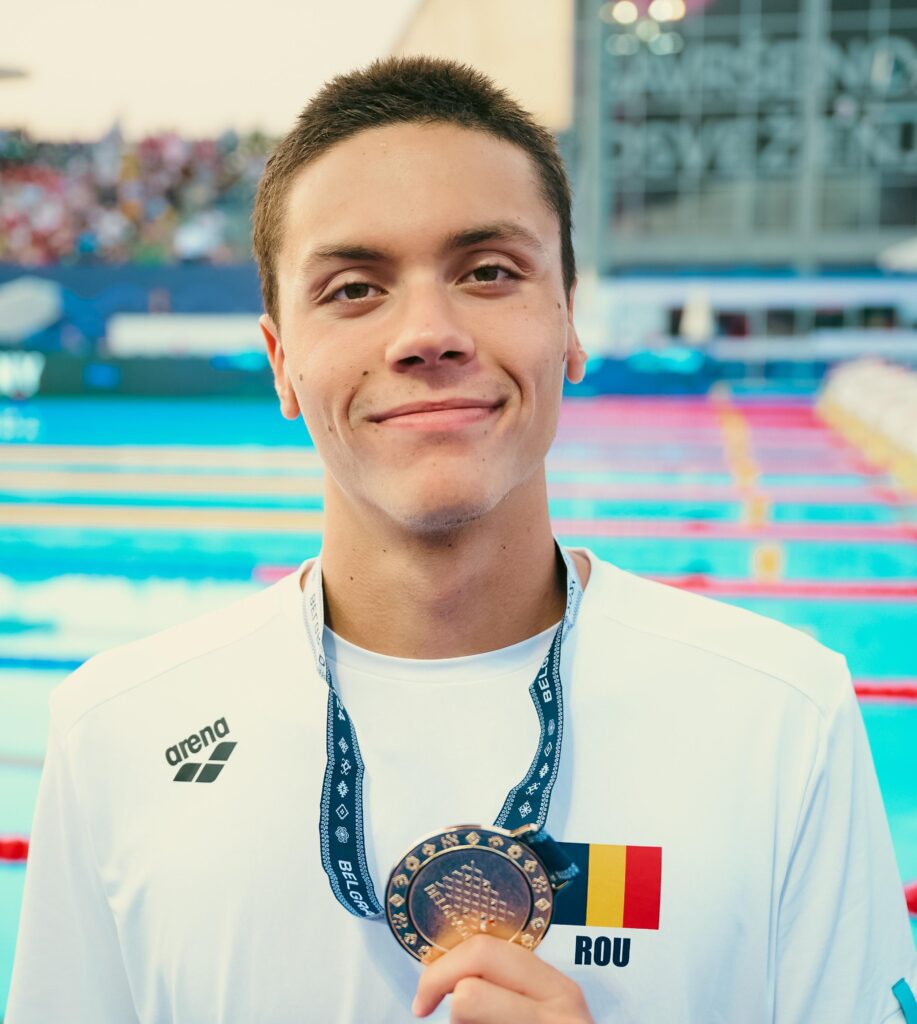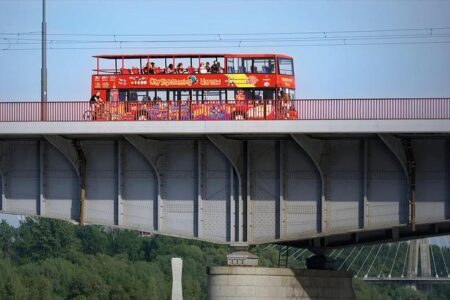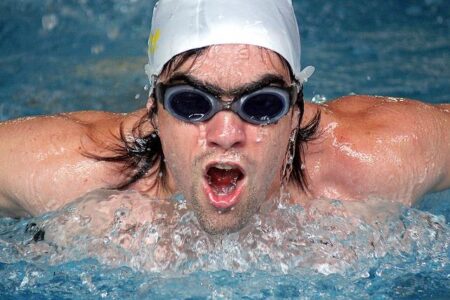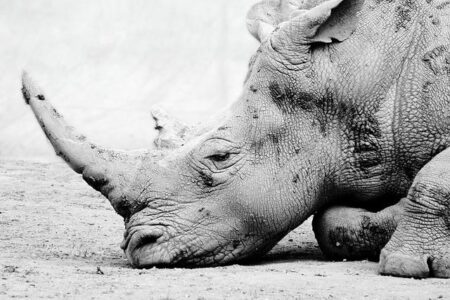Olympic swimming sensation David Popovici is making waves beyond the pool as he sets his sights on open water racing. Known for his dominance in the sprint freestyle events, the Romanian athlete is now preparing to tackle the unique challenges of long-distance open water competitions. This unexpected shift marks a new chapter in Popovici’s career, promising to test his endurance and versatility in a drastically different aquatic arena.
David Popovici Expands His Horizon with Transition to Open Water Challenges
The swimming sensation known for dominating the pool has now set his sights on a vastly different stage: open water racing. David Popovici, whose Olympic triumphs have already cemented his status among swimming greats, is venturing into the unpredictable and grueling environment of open water competitions. This move marks a significant shift from controlled pool conditions to battling natural elements like currents, waves, and varying water temperatures, showcasing his desire to challenge himself beyond traditional boundaries.
Experts and fans alike are eager to see how Popovici’s sprinting speed and technical finesse will adapt to long-distance endurance races. His transition promises to blend explosive power with strategic pacing, with the following key factors expected to influence his open water success:
- Endurance Building: Expanding aerobic capacity to sustain longer distances.
- Navigational Skills: Mastering sighting and course strategy in open environments.
- Environmental Adaptability: Handling variable conditions including waves and temperature.
- Mental Resilience: Maintaining focus amid unpredictability and competition dynamics.
| Aspect | Pool Swimming | Open Water Racing |
|---|---|---|
| Distance | 50m-1500m | 5km-25km |
| Environment | Controlled, stable conditions | Natural, unpredictable conditions |
| Equipment | Cap, goggles | Cap, goggles, wetsuit (optional) |
| Race Strategy | Stroke efficiency, speed bursts | Endurance, pacing, navigation |
Analyzing the Techniques and Training Shifts Essential for Success in Open Water Racing
Open water racing demands a stark departure from pool-based techniques, pushing swimmers to adapt in ways that test both physical and mental limits. Unlike controlled pool environments, open water requires mastery over navigation, energy conservation, and environmental adaptability. Athletes like David Popovici must refine sighting skills-lifting the head periodically to maintain a direct course without sacrificing speed. Additionally, drafting behind competitors is a strategic move, saving energy during long distances while maintaining position, which contrasts the straight-line speed focus typical of pool racing.
Training regimens undergo significant transformation when transitioning to open water. Emphasis shifts to endurance and resilience through prolonged sessions in varied conditions, such as choppy waters and fluctuating temperatures. Coaches often incorporate:
- Simulated race conditions with current and wave machines
- Technique drills for efficient stroke adaptation in turbulent water
- Breathing pattern training for irregular breaths amidst physical contact
- Nutrition and hydration strategies essential for extended efforts
| Pool Racing | Open Water Racing |
|---|---|
| Turns and walls for pace breaks | Continuous swimming without breaks |
| Monitored environment and consistent conditions | Variable weather and water conditions |
| Short-distance speed focus | Endurance and energy management |
| Individual lane swimming | Group tactics and physical jostling |
Expert Recommendations for Aspiring Swimmers Inspired by Popovici’s New Endeavor
David Popovici’s transition from pool sprinting to the unpredictable realm of open water racing is a masterclass in adaptability. Aspiring swimmers looking to follow in his footsteps should focus on developing endurance beyond the sprint distances, integrating varied training environments such as lakes and seas to build resilience against fluctuating conditions. Experts emphasize the importance of mastering sighting techniques to navigate open water effectively, suggesting that regular practice in natural bodies of water can significantly improve spatial awareness and race strategy.
Additionally, mental toughness and tactical versatility are crucial traits. Coaches recommend cultivating a mindset that embraces uncertainty and learns to respond calmly to unexpected challenges like strong currents or sudden weather changes. The table below outlines key training elements recommended by seasoned open water specialists inspired by Popovici’s multi-disciplinary approach:
| Training Focus | Recommended Frequency | Benefit |
|---|---|---|
| Long-Distance Endurance Sets | 3 Times Weekly | Builds cardiovascular stamina |
| Sighting and Navigation Drills | 2 Times Weekly | Improves orientation in open water |
| Cold Water Adaptation | Once Weekly | Enhances comfort and performance in variable temps |
| Race Simulation with Competitors | Biweekly | Develops tactical and pacing skills |
The Conclusion
As David Popovici embarks on this new chapter of his swimming career, the sporting world will be watching closely to see how the Olympic champion adapts to the challenges of open water racing. Known for his speed and technique in the pool, Popovici’s transition highlights both his ambition and versatility as an athlete. Whether he can replicate his pool success in the unpredictable conditions of open water remains to be seen, but one thing is certain: his journey promises to be a compelling story in the months ahead.





